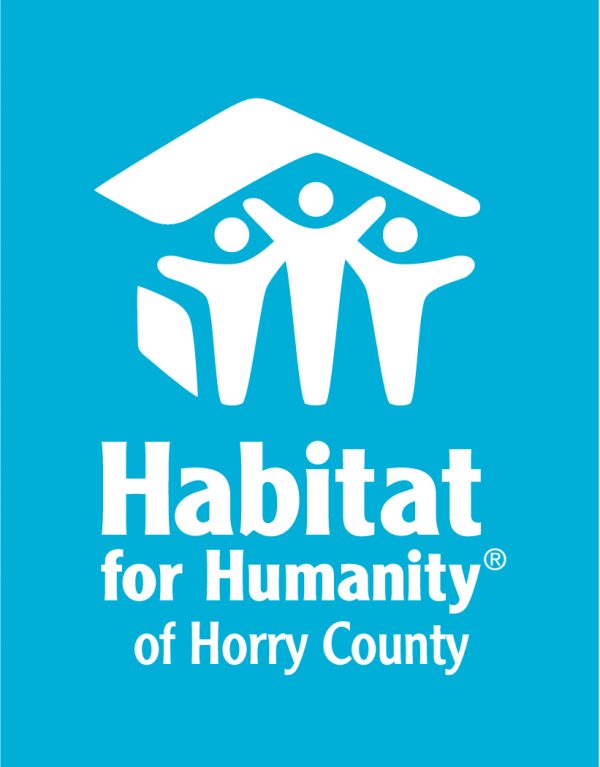We are back for part 2 of our planned giving blog series! If you missed part 1, make sure to check it out HERE.
Last month we covered some of the most common forms of planned giving. Now we are going to discuss some less common options, but ones that can provide great benefits to the donor and non-profit in certain situations.
Real Estate and Appreciated Assets: Donors can gift real estate, stocks, bonds, or other appreciated assets to a charitable organization, potentially receiving tax benefits while supporting the charity’s mission.
Charitable Remainder Trusts (CRTs): CRTs are irrevocable trusts that provide income to the donor or other beneficiaries for a specified period, with the remaining assets ultimately going to the designated charity upon termination of the trust.
Charitable Lead Trusts (CLTs): CLTs are trusts that provide income to a charitable organization for a specified period, after which the remaining assets pass to non-charitable beneficiaries, such as the donor’s heirs.
Donor-Advised Funds (DAFs): DAFs are charitable giving vehicles that allow donors to make contributions to a fund managed by a sponsoring organization, which then makes grants to charities based on the donor’s recommendations.
As you can see, planned giving offers several benefits for donors, including the ability to support causes they are passionate about, maximize tax benefits, and leave a lasting legacy for future generations. For charitable organizations, planned giving provides a stable and sustainable source of funding, allowing them to plan for the future and advance their mission over the long term.
Overall, planned giving is a powerful tool for individuals to make a meaningful impact on the causes they care about while also achieving their financial and estate planning goals. By working with financial advisors, estate planners, and charitable organizations, donors can explore the various planned giving options available and create a giving strategy that aligns with their values and objectives.
If you have questions about including Habitat for Humanity of Horry County into your planned giving please reach out to our Organizational Advancement Director, Rachel Kennon via email at [email protected] or phone at 843-999-6471.

